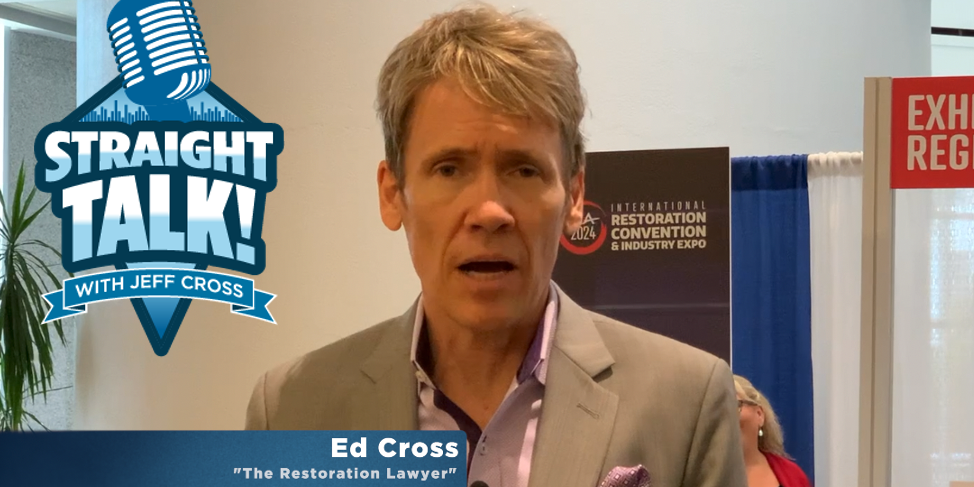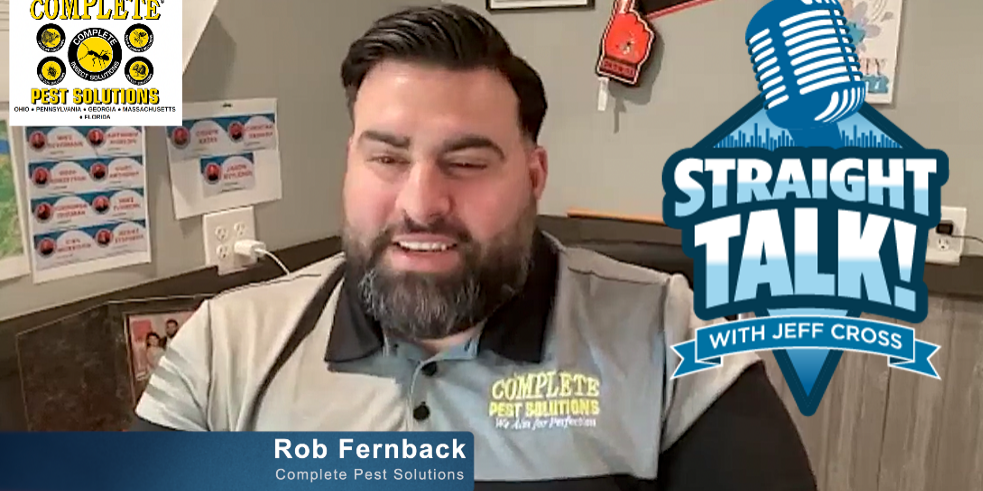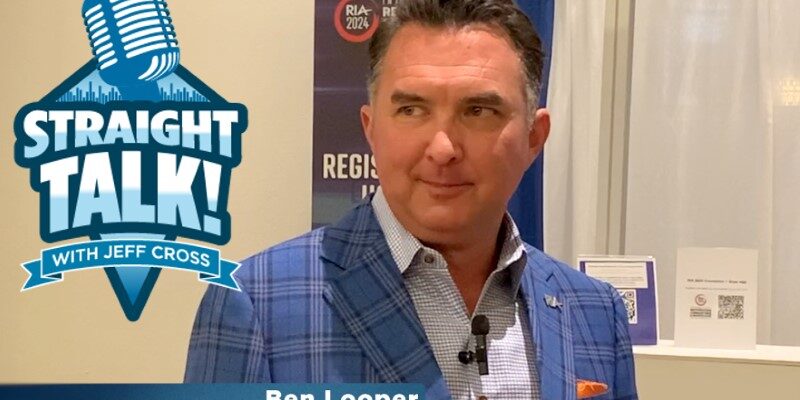When Companies Go Rogue!

By Doug Hoffman
As a certifying agency, the National Organization of Remediators and Microbial Inspectors (NORMI™) too often receives calls from clients concerned about a member misrepresenting either what they’ve been taught or what they should have more closely listened to in a NORMI class. This is the question every trade association faces: What can the organization do when its members don’t follow their training, their professional practices, or the industry standard of care? The answer isn’t easy.
When you do your own thing
Several years ago, we received a call from an attorney suing a remediator who had cleared a mold project with “just a few” Stachybotrys spores in the Air-O-Cell. At the deposition, which had just occurred the previous day, the attorney asked the remediator where he had received his training and certification. The remediator proudly declared, “I learned this from NORMI.” Fortunately, we were able to send the NORMI professional practices and training slides to the attorney as evidence that what the remediator had done was totally against his training. The NORMI professional practices identify Stachybotrys as a zero-tolerance mold.
According to the attorney, NORMI was off the hook, but the remediator was not. Because he did what he wanted to do instead of what he was trained to do, he was on his own.
The risks of going rogue
If a trade association had a licensing or franchise agreement with professionals who use their logo, the association would have some control over how those professionals market their businesses and services. If a trade association had some ownership in the companies they train, the association would have some control over the quality of work performed or the techniques used. But because none of these relationships exist between the trainer and the trainee, a trade association can only recommend best practices and continue encouraging their members to “do the right thing.”
What we’ve learned, through the years and by experience, is that insurance carriers can defend an insured professional when that professional follows the training. When they don’t follow industry standards or guidelines, they can be on their own, shouldering the burden of any legal expenses and jeopardizing their license or certification. It’s a very unpleasant place to be.
For these reasons, we suggest every trained professional take the following three steps:
- Get trained and certified by an organization recognized in the industry for its integrity and support of the standard of care and professional practices. It isn’t about the money; it’s about the quality of the training. The investment is worth it, and the consequences of getting bad training could cost a professional a lot more than his business.
- Stay trained and certified. Quality certification agencies want to ensure that the professional is staying up to date with trends, new products, and techniques in that industry. Certifying agencies that require some type of re-certification credits help professionals stay connected to the industry. The mold industry is incredibly dynamic and requires the professional to keep current with license changes, reporting requirements, and government oversight changes. Again, the investment is worth it and could save the professional time and money.
- Get more training. The cynical professional might think this is just about the money, but a good organization will encourage the professional to get all types, and different kinds, of training. NORMI recommends the Institute of Inspection Cleaning and Restoration Certification’s (IICRC) Water Damage Restoration Technician (WRT) course along with the Applied Structural Drying Technician (ASD) course. Also encouraged are Occupational Safety and Health’s 10-hour training (OSHA10), U.S. Environmental Protection Agency’s Lead Renovation, Repair, and Painting (EPA Lead RRP) course, and other ISSA training and programs that will strengthen the professional’s place in the marketplace and help him broaden his offerings to the client. And, with good, reputable certifying agencies, re-certification credits can come from many sources. Again, the goal is to keep getting more training.
My conclusion is, don’t go rogue! There are too many “cowboys” out there already messing up the industry’s reputation. Follow the industry standards and implement them into your business model. Make sure that your employees are supporting your efforts to provide the highest quality service they can under your direct supervision. This will protect you from potential liability and give you an advocate, your insurance carrier, who can and will defend you.












